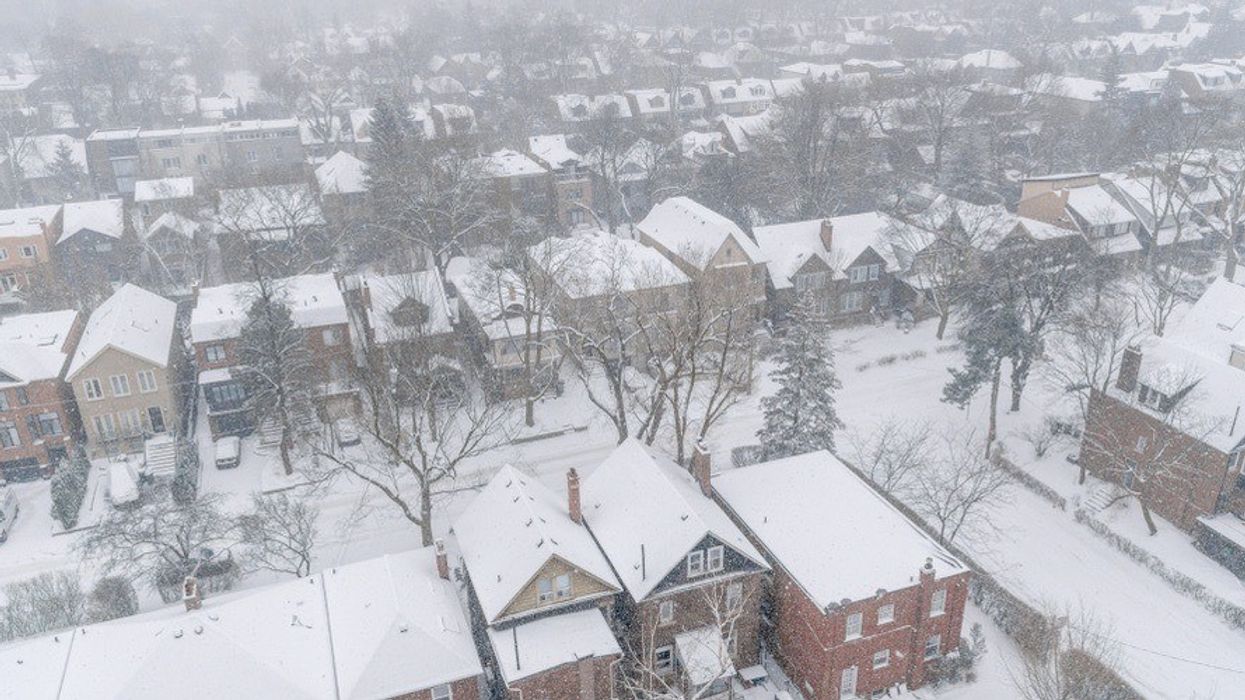Housing has been costly throughout most of the province for some time now, with the lack of supply helping drive prices higher, and now it appears that the growth in home prices (and this should surprise no one) is outpacing household income growth.
In a recent research note titled “Your House Makes More Than You Do,” Senior Economist and Director at BMO Capital Markets, Sal Guatieri highlighted a common narrative in some of Canada's real estate markets: home prices are steadily outpacing the incomes of the people who live in them, which is undoubtedly a cautionary sign, especially in a weak economy.
Guatieri began the note by highlighting the risk of rapid asset growth and wrote, “asset prices start to raise red flags when they consistently outrun growth in underlying income or earnings.” And while this is a trend Guatieri says is felt across most of Canada, it's happening more notably in Ontario.
As such, house prices are not only rising faster than family income, they are rising more than total annual income, said Guatieri.
READ: January Another Record-Setting Month for National Home Sales
Rather than highlighting the issue by referencing one of the country's major real estate markets, like Toronto, for example, he looked at Woodstock, ON, where home prices have greatly outpaced household incomes.
According to the economist, the benchmark price of a home in Woodstock increased to $118,200 in January, compared to a year before, while the annual family income is only $86,970 (in 2018, latest data), which is notably lower. And as the title of the research note suggests, the house is making more money than the people living inside.
As you could imagine, Woodstock isn't the only city to see price growth outpace the medium-income, and there are many other cities experiencing this trend throughout the province.
For example, the benchmark price for a home in the Greater Toronto Area (GTA) is up $98,900, while the median income in 2018 was $86,670, Guatieri explained to Toronto Storeys.
If you head just over an 1.5 hours north-east of Toronto to Peterborough, Guatieri says the benchmark price for a home is up $97,400, while the median income is $84,100.
What's more, in Durham, for example, the benchmark price for a single-family detached home reached $786,900 in January — a 24.4% year-over-year increase, while the median household income in Durham is just under $90,000 according to the latest census.
Essentially, what it comes down to is there's "a frenzy of buyers chasing too few properties available for sale," Guatieri told Toronto Storeys.
But rather than offering a conclusion or a solution to the growing trend, Guatieri finished the note with “draw your own conclusion.”
Given that Canadian house prices are expected to continue rising this year after hitting record highs in 2020, with CREA predicting average home prices in Ontario will climb 16.3% to $823,656, our conclusion is that we expect to see home prices continue to rise faster than incomes in a lot more regions this year.
Ontario has seen strong demand for several years, particularly outside of Toronto, which has eroded active supply in the province. As such, the strength of demand, particularly for larger single-family properties, will drive the average price higher as potential buyers continue to compete for properties.





















